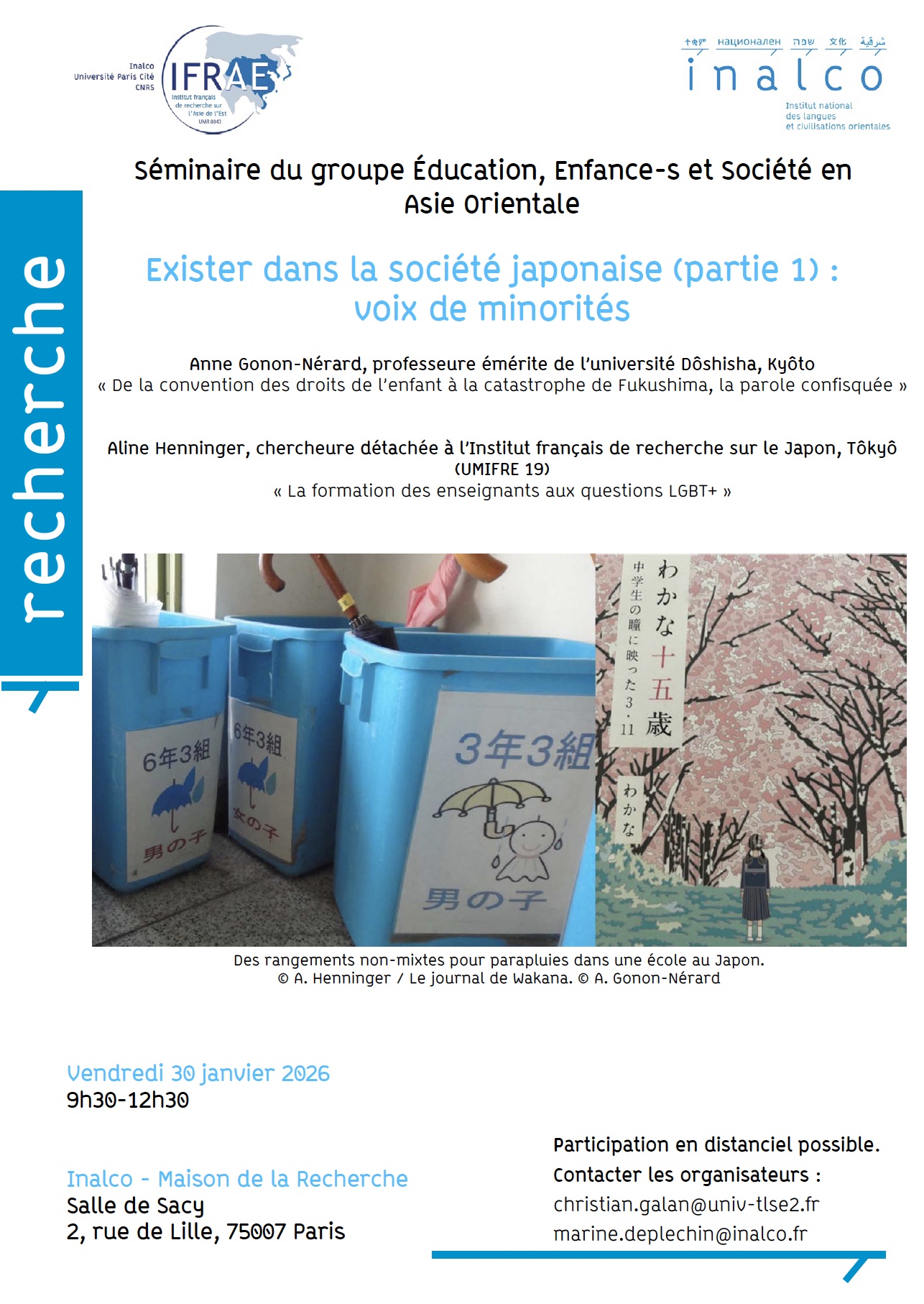L’Institut français de recherche sur le Japon vous invite à la prochaine séance de son séminaire doctoral :
La maison pour un pionnier d’Osamu Ishiyama (1974-1986) : retracer l’histoire d’un chantier d’autoconstruction
mardi 24 février 2026 / 18h-20h
séminaire doctoral / salle 601 & en ligne / en français sans traduction
Conférencière : Alice PARIS (univ. libre de Bruxelles)
Cette thèse en histoire de l’architecture prend pour point de départ un bâtiment, la Maison pour un Pionnier (Nagano, 1973-1986), qu’elle décrit au plus près de son élaboration concrète et matérielle, à partir de représentations produites par différents acteurs avant, pendant et après le chantier. Conçue par l’architecte Osamu Ishiyama (1944-), construite par l’agriculteur Koichi Masahashi (1948-), et assemblée à partir de tôles en acier utilisées dans des travaux de génie civil, cette maison occupe une place singulière dans les ouvrages de synthèse sur l’architecture et le logement du Japon d’après-guerre, notamment en raison d’une collaboration inhabituelle entre un concepteur et un constructeur.
C’est ce travail de collaboration, reconstitué à partir d’un corpus de documents issus des archives personnelles des deux protagonistes (correspondances, reçus, instructions, plannings et photographies de chantier), qui constitue le cœur de l’enquête. À partir de ce cas, ce travail interroge les manières dont Ishiyama et d’autres architectes engagés dans des collectifs concernés par l’évolution du marché du logement japonais, ont, au cours des années 1970 et 1980, expérimenté de nouvelles façons de collaborer, de construire et de communiquer leurs démarches. Cette présentation s’attachera à montrer comment, au cours de ce projet, Ishiyama a mis au point des outils de représentation spécifiques, à la fois adaptées aux conditions de production atypiques de la maison, et susceptibles d’être repris, publiés et diffusés comme supports d’un discours critique sur la profession.
Que faire des trous et lacunes dans la documentation ? Comment s’affranchir des discours quand ceux-ci nous convainquent et semblent omniprésents ? Comment passer de la plus petite échelle à la plus grande, du détail constructif à l’industrie de la construction, sans perdre le fil ? Outre la présentation de l’état actuel des hypothèses, cette intervention sera également l’occasion de discuter des difficultés rencontrées dans le travail de restitution en cours de l’enquête.
Institut français de recherche sur le Japon à la Maison franco-japonaise : 3-9-25, Ebisu, Shibuya-ku, Tokyo, 150-0013 Japon

